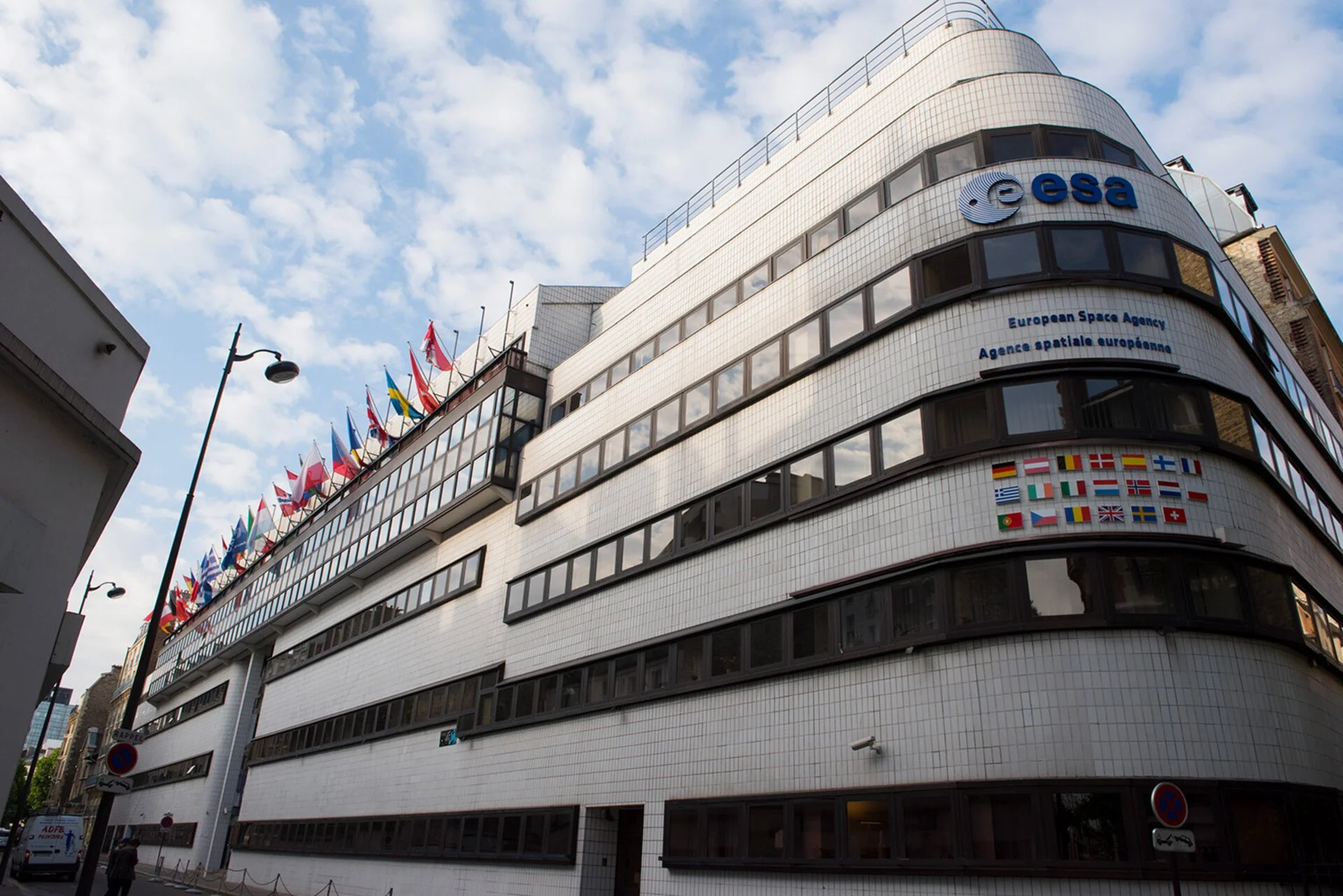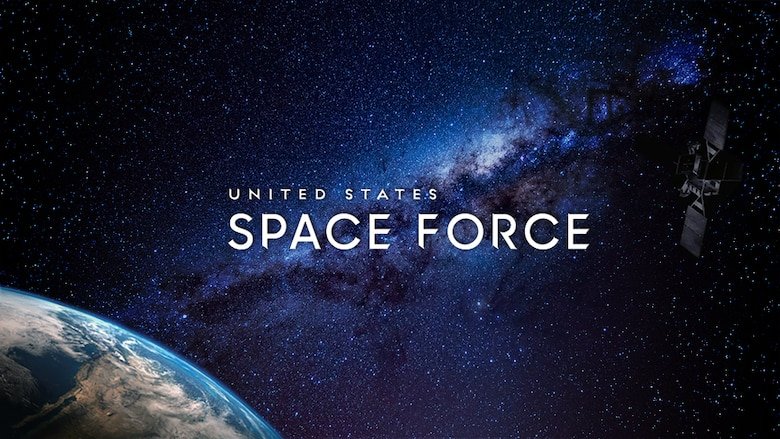Europe Opens a New Space for Commercial Services & US Space Accelerator Grants Prizes
This would overlap with the end of the International Space Station, which will stop working in the 2030s. ESA's director of space transport; Daniel Neuenschwander, wants Europe to play an important role in space transport services.
There are many countries competing for the space race but the union of European countries allows everyone to follow the same path and achieve those goals together.
ESA is preparing its future activities within the concept "SciHab", a platform that works by a group of humans with a modular design and intended for commercial services.
With this, Europe wants SciHab to be the "future lighthouse" in the orbit of the Earth. This would put Europe in a leadership position in space.
The US Space Force grants a money prize to the top 3 startups in the 2021 Hyperspace Challenge: Varda Space Industries ($25,000), SCOUT ($15,000) and Neutron Star Systems ($10,000) are focused on satellite propulsion, in-orbit manufacturing and debris tracking respectively. 13 startups competed for the awards this year.
On top of the money, the companies can access government mentors and insight on the coming contract opportunities. The Hyperspace accelerator also selected three universities: Stevens Institute of Technology, SUNY Polytechnic Institute, for neural networks that may help track satellite debris and Texas State University, for its research on the effects of vibration during micro-gravity production of heavy-metal fluoride glass.
The government's help makes these initiatives possible, and it’s inspiring to see how each year, more and more resources are destined to startups in the Space Industry, just like the grant we won a few months ago on the Go2Space Demo Day, which will allow us to scale and improve our presence in the industry.


